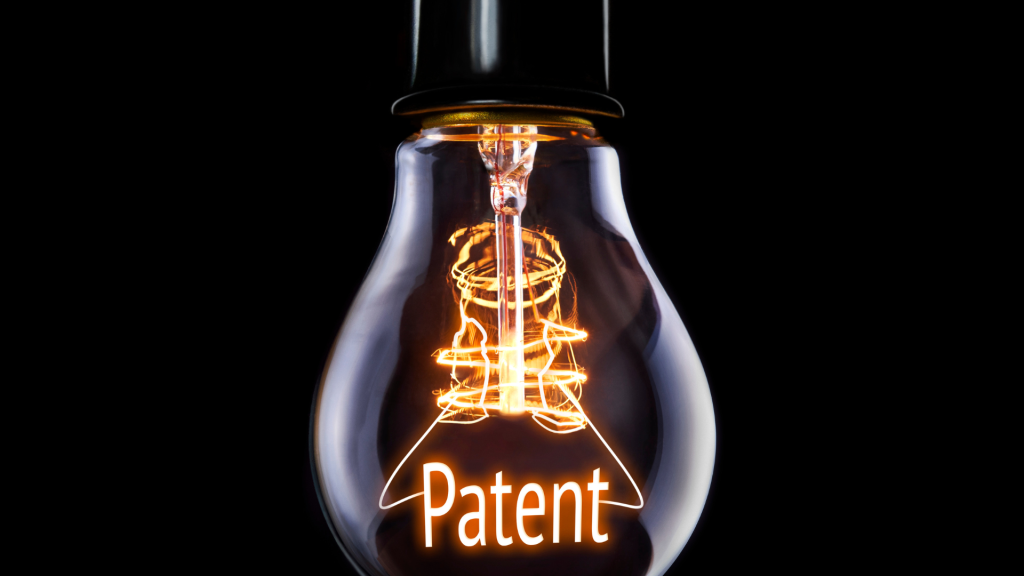This post originally appeared in the Foley Hoag newsletter.
___
On December 16, 2020, the U.S. Equal Employment Opportunity Commission (“EEOC”) issued guidance for employers regarding the intersection of employer COVID-19 vaccine policies and various federal equal employment opportunity laws. The guidance comes on the heels of the FDA’s first emergency use authorization (“EUA”) of a COVID-19 vaccine, which is now rolling out in all 50 states. The guidance addresses many important considerations for employers to keep in mind as they navigate plans to bring their employees back to work, and determine whether or not a mandatory vaccine policy should be part of their plans.
Importantly, the EEOC’s guidance confirms that employers will be permitted to implement and maintain mandatory vaccination policies, provided employers reasonably accommodate certain types of employees. First, employers with mandatory COVID-19 vaccination requirements must engage in the interactive process with employees who cannot be vaccinated for disability-related reasons. If an employee cannot be vaccinated for disability-related reasons, the employer may not exclude the employee from the workplace without first proving that the unvaccinated employee would pose a “direct threat” to the workplace. While there are several parts to this analysis, the guidance lists the determination that an unvaccinated individual will expose others to COVID-19 at the worksite as an example of a “direct threat.” Further, the employer is still required to engage in the interactive process with the employee to determine whether a reasonable accommodation that would also eliminate the risk to others is available before excluding the employee from work or terminating the employee.
In addition, employers with mandatory COVID-19 vaccine policies must engage in the interactive process with employees who refuse the COVID-19 vaccine because of sincerely-held religious beliefs. Employers must provide a reasonable accommodation for employees who are unable to be vaccinated because of sincerely held religious beliefs, practices, or observances. The guidance also makes clear that the employer should assume that a request for religious accommodation is legitimate before requesting additional supporting information. Employers are not required to provide religious accommodations for employees that would pose an “undue hardship” to the employer, but the guidance does not list specific examples of what constitutes an “undue hardship” in the COVID-19 context. An employer should not exclude workers from the workplace or terminate an employee without first engaging in this interactive process and determining whether a reasonable accommodation is feasible.
Further, the EEOC confirmed that it would not view the COVID-19 vaccine as a “medical examination” under the Americans with Disability Act (ADA). The EEOC defines a “medical examination” as “a procedure or test usually given by a health care professional or in a medical setting that seeks information about an individual’s physical or mental impairments or health.” Administering a COVID-19 vaccine to an employee is not seeking information about an individual’s impartments or current health status, and therefore does not implicate the ADA’s provision on disability-related inquiries.
Moreover, the EEOC advises that a pre-vaccine questionnaire may be considered a “disability-related inquiry” under the ADA, depends on whether the vaccine is administered and required by the employer. The ADA generally prevents employers from making “disability-related inquiries” to employees unless the inquiries are “job-related and consistent with business necessity.” If the employer requires employees to be vaccinated, and the vaccine is administered by the employer (or a contractor on the employer’s behalf), then the pre-vaccination medical screening questions are considered “disability-related inquiries” under the ADA. This means that in order for the questionnaire to be permissible, the employer must have a reasonable belief that an employee who does not answer the questions and, therefore, does not receive a vaccination, would pose a direct threat to the health or safety of themselves or others. On the other hand, if the vaccine is voluntary, or is administered by a third-party without a contract with the employer, then the screening questions can be asked without first needing to demonstrate that they are “job related and consistent with business necessity,” as described above.
Asking or requiring an employee to show proof of their vaccination status, however, will not be considered a “disability-related inquiry.” Because there are several reasons why an employee might not be vaccinated that have no relation to a disability, requesting proof of vaccination status from an employee is not considered a “disability-related inquiry.” However, employers are cautioned that subsequent questions – such as asking why an employee is not vaccinated – may elicit questions about an employee’s disability and would then trigger the ADA “job-related and consisted with business necessity” standard.
As to a vaccine policy’s interaction with the Genetic Information Nondiscrimination Act (GINA), the EEOC advises that administering COVID-19 vaccines to employees or requiring employees to provide proof that they have been vaccinated does not implicate GINA. Under Title II of GINA, employers are prohibited from (1) using genetic information to make decisions related to the terms, conditions, and privileges of employment, (2) acquiring genetic information (with six narrow exceptions), or (3) disclosing genetic information (with six narrow exceptions). The guidance clarifies that administering a COVID-19 vaccine or requesting proof of an employee’s vaccination status does not implicate GINA because it does not involve the use, acquisition, disclosure of “genetic information,” as defined by the statute. However, whether pre-vaccine screening questions implicate Title II of GINA depends on the contents of the questionnaire. If the pre-vaccine screening questions inquire about family history or genetic information of the employee, then the questions will implicate GINA. To avoid this pitfall, the guidance suggests that employers may request proof of vaccine status, rather than administer the vaccines themselves. However, employers are still cautioned to warn employees not to provide any genetic information along with any proof of vaccination status.
As employers continue to navigate bringing employees back to work, it is important to remember that a “one size fits all” approach is likely not feasible. Particularly as to any employer policy relating to an employee’s health information, it is important to recognize that federal equal employment opportunity statutes (as well as state-level EEO legislation) may be implicated. Policies concerning vaccines should be carefully crafted to ensure there are options for employees who need accommodations for disabilities and religious beliefs, and employers should explore options about vaccine administration to ensure all requirements of federal employment statutes are satisfied.



